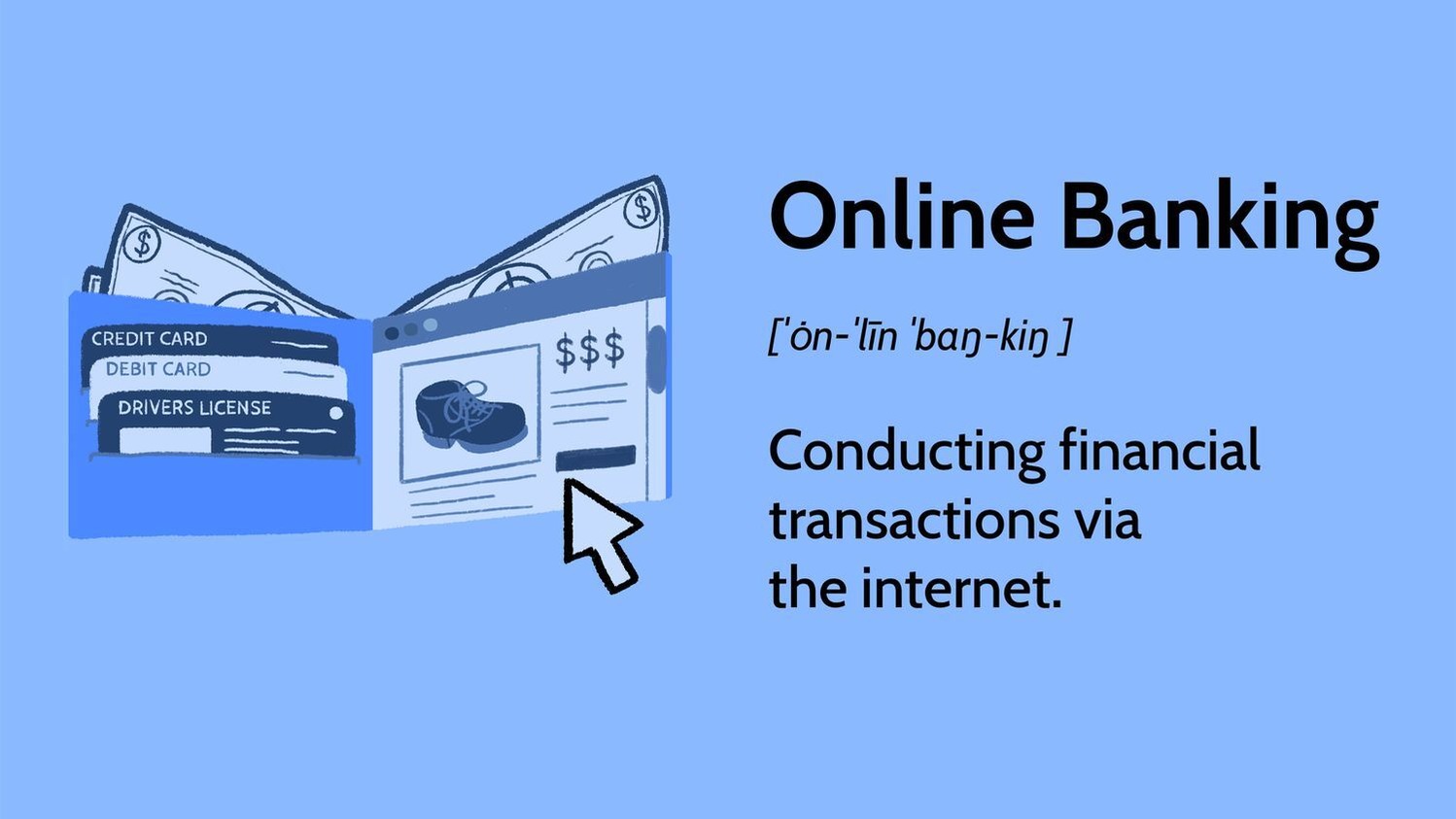Introduction to Online Banking Account Privacy
Online banking account privacy refers to safeguarding private and financial information when using digital banking services. It comprises protecting sensitive data, such account numbers, passwords, and transaction history, from loss or unwanted access. Precautions for privacy include strong, unique passwords, two-factor authentication, and secure internet connections. Financial institutions use encryption and other security measures to preserve the privacy of consumer information. Recognizing phishing scams and closely monitoring account activity are necessary to protect sensitive data online and to preserve privacy when using online banking.
Protecting Your Online Banking Account
In the current digital era, safeguarding your online banking account is essential. For an additional degree of security, turn on two-factor authentication and start by creating strong, one-of-a-kind passwords. Avoid falling for phishing emails, and never open unexpected attachments or click on dubious links. Keep an eye out for any strange activity on your account and report any inconsistencies right once. When doing critical transactions, use modern, secure gadgets and stay away from public Wi-Fi. To defend against viruses and malware, install reliable antivirus and anti-malware software. Don’t post important information on social media, and keep your personal information secret. Finally, to protect your finances from future intrusions, educate yourself on the most recent security dangers and best practices.
Data Privacy and Information Security
Although they are not the same, data privacy and information security are closely connected concepts. Individuals’ right to manage their personal data is known as data privacy, and safeguarding data against unwanted access, use, disclosure, interruption, alteration, or destruction is known as information security.
Giving people control over the collection, usage, and sharing of their personal data is the goal of data privacy. This includes the right to be informed about the types of information being gathered, their purposes, and the recipients of the data. It also covers the freedom to see, update, or remove personal data.
Data protection against unauthorized use, disclosure, disruption, alteration, and destruction is the goal of information security. To protect data when it’s in transit and at rest, both organizational and technical safeguards can be used. It also entails setting up procedures for identifying and handling security incidents.
Information security and data privacy are crucial for safeguarding both people and businesses. Data that is not adequately protected can be used for fraud, identity theft, and other nefarious activities. It can also result in financial losses and harm an organization’s reputation.
Legal Rights and Resources for Online Banking Privacy
Regulations like the Electronic Fund Transfer Act and the Gramm-Leach-Bliley Act, which protect customer information and electronic transactions, are examples of legal rights and resources for online banking privacy. The Consumer Financial Protection Bureau (CFPB) also offers tools for handling privacy issues and settling conflicts. To safeguard client data, banks must put security measures in place. People are entitled to view their financial information and to choose not to share it with others. In order to protect online banking privacy, they can also file reports of privacy violations with regulatory bodies such as the CFPB and pursue legal action in court for fraudulent transactions or unapproved disclosures.
Conclusion
In conclusion, privacy when using internet banking is a major issue in the modern world. Online banking offers unquestionable convenience and accessibility, but it’s important to be aware of the hazards to sensitive financial data. People should use two-factor authentication wherever possible, choose strong passwords, and frequently check their accounts for unusual behavior in order to protect their privacy. Financial institutions also need to keep funding strong cybersecurity defenses and advising clients on recommended practices. Sustaining trust and guaranteeing the safe and discreet expansion of digital financial services requires a concerted effort to protect online banking privacy.













